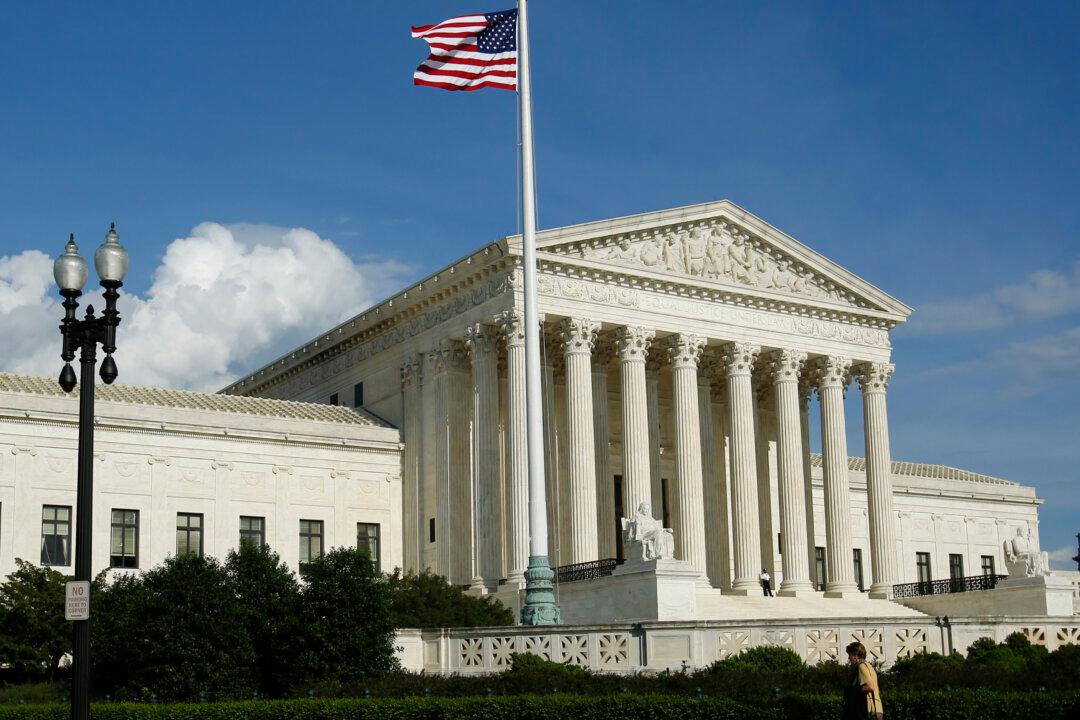The U.S. Supreme Court unanimously ruled on Thursday that a Catholic foster agency in Philadelphia was free to turn away same-sex couples as foster parents on grounds of religious freedom.
The decision (pdf) comes in the case of Fulton v City of Philadelphia, in which Catholic Social Services (CSS) sued the city after being ordered not to exclude same-sex couples from certification.





